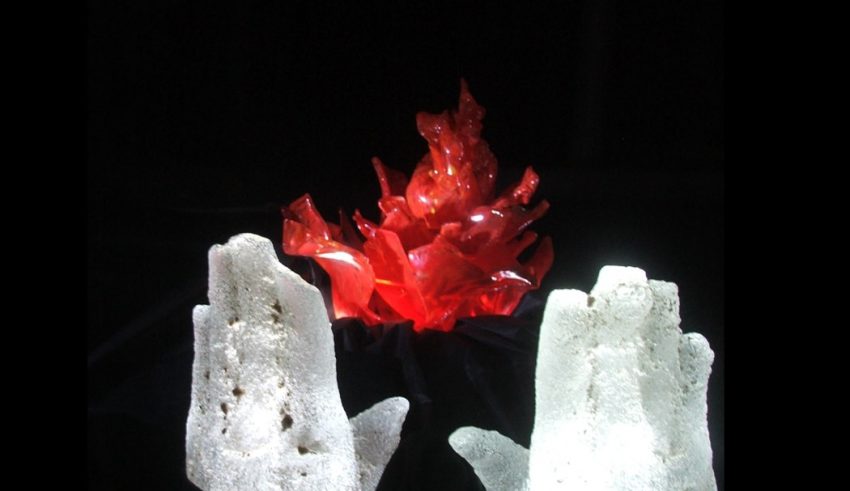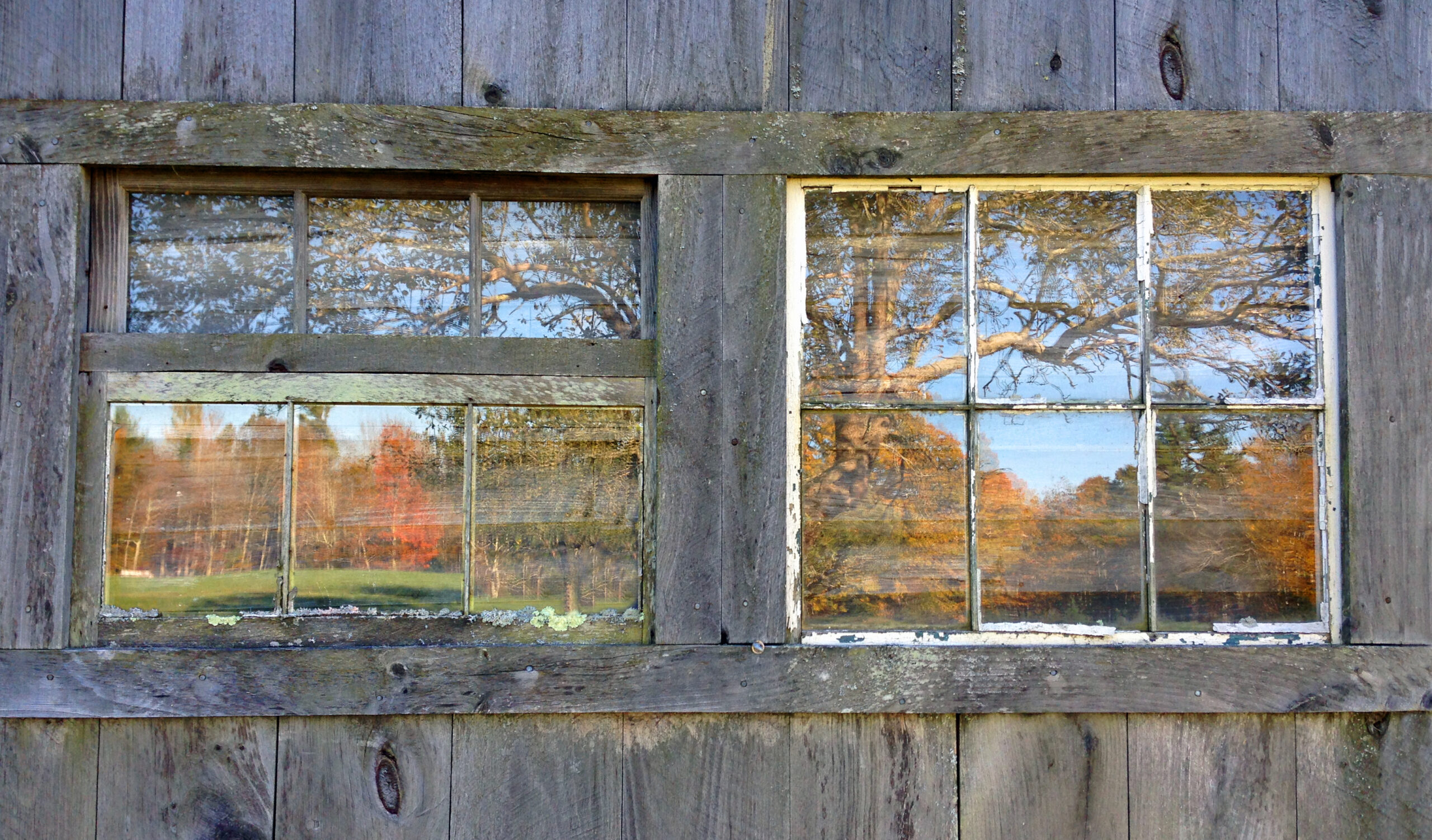
Perhaps, instead, the spirit somehow does not escape. It might reside in the ashes accumulating below my grate. It is noteworthy that ashes are wonderful fertilizers. I spread them out over my own flower beds in the Spring and Summer. Is the spirit somehow transferred from the ashes to the flowers or to the soil and fungi that nourish the flowers and link them to all the other living beings in my garden. As MacFarland (2019) and other ecological observers have noted, there is a Wood-Wide Web that interconnects all of the flora in my garden to one another and even to flora in the nearby forest. Is the spirit in my ashes simply returning to the forest from which it originally came? Or am I simply regressing to an outmoded and outdated perspective that was squashed many centuries ago by modern religions and the sciences?
I can return to the world of modern science and contemporary systems theory—and will still find that analogues to embers plays an important role in all organizations. In my own experiences as leader and consultant I have found that organizations leave an ember while they are burning and even after they seize to exist. While this might not initially seem to be the case, it is matter of widening our perspectives in time and space. As MacFarland (2019) has noted, we need not only broaden our view of ecological interconnectedness, but also lengthen our temporal perspective by looking at change and causation over what he identifies as Deep Time.
A deep time journey might be taken when considering the observation that Parker Palmer (1999) has made regarding the impact made by a pebble when dropped into a bowl of water. Ripples are created. A change seems to have taken place—the pebble seems to have made a difference. Action has led to results. Yet, the water soon returns to its original form and there no longer are any ripples. The water has lost all memory of the dropped pebble and the ripples. The same could be said for the life and impact of a program or organization. Long-term impact is rarely sustained—even if the program or organization itself is sustainable. We must acknowledge that the impact our program or organization has made is an illusion. Viewed over the short term, there is no memory of impact when we are seeking to take action and make a difference in the world, As beings who are cursed with the capacity of transcendence (ability to see into the future and into space), ultimately, we are never able to take credit for any lasting change—be it positive or negative.









